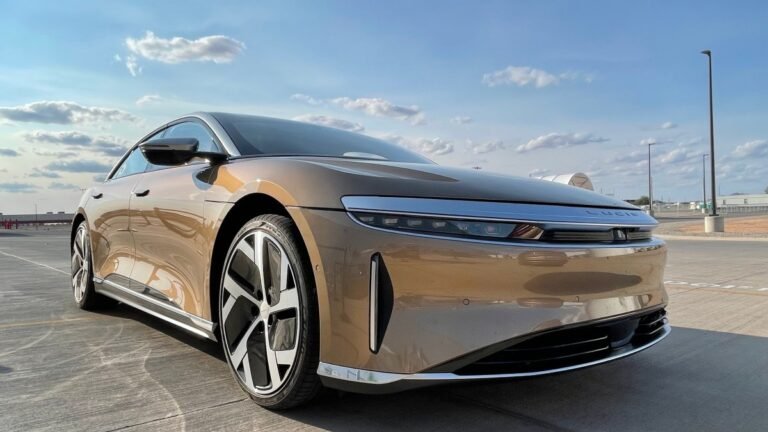
Lucid Motors is raising another $1 billion from its biggest financial backer, Saudi Arabia, as it looks to blunt the high costs associated with building and selling its luxury electric sedan.
The fresh funding comes just a few weeks after Lucid told investors that it only plans to build around 9,000 of its Air electric vehicles this year, a slight bump over last year’s output.
It lost $2.8 billion in 2023 and finished the year with just shy of $1.4 billion in cash and equivalents.
Lucid also plans to start building its electric Gravity SUV at the end of this year.
Lucid announced the investment less than three weeks after CEO Peter Rawlinson told the Financial Times that he was wary of relying too heavily on Saudi Arabia to keep shoveling money into its proverbial furnace.
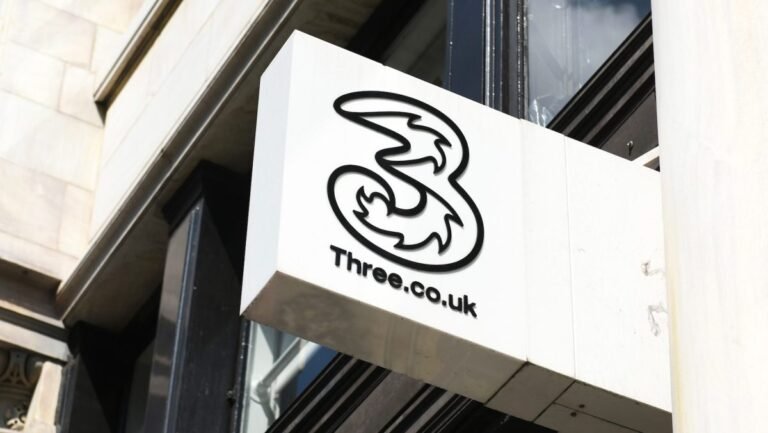
The U.K.’s Competition and Markets Authority (CMA) has confirmed that it’s launching a formal “phase 2” investigation into the planned merger between Vodafone and Three UK.
The CMA says that the deal could lead to higher prices for consumers, while also impact future infrastructure investments.
However, the CMA has given both parties a token five working days to address its concerns with “meaningful solutions” before it formally progresses the investigation.
Such a scenario is precisely why the U.K. introduced the National Security and Investment Act back in 2022, with previous form in blocking deals between U.K. entities and Chinese companies.
“This case has more moving parts than the CMA’s other recent big decisions, and is arguably more important for the U.K. economy,” Smith said.
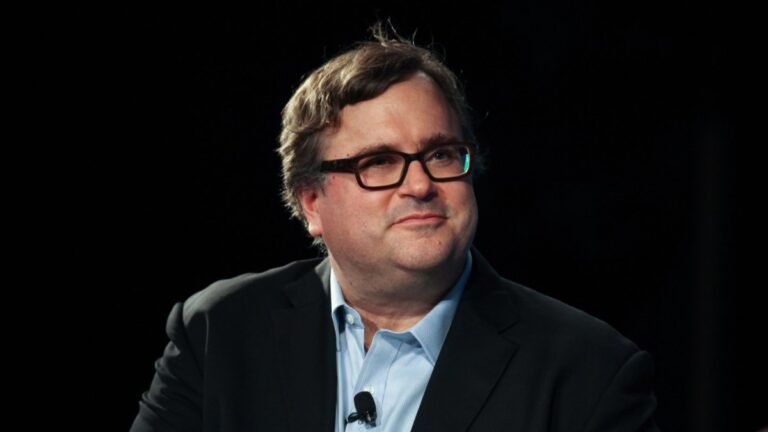
The big cloud vendors have all already lined up with other chatbot partners: Microsoft with OpenAI, Google and Amazon with Anthropic; Cohere picking up assorted others like Oracle and Salesforce.
If and when Inflection ever perfected Pi on its enormous AI infrastructure, the race looked to be already lost.
Despite close ties with OpenAI, Microsoft also has many reasons to be needing a backup for it’s all-important AI gambit.
There are so many red flags with OpenAI that Microsoft is wise to wean its dependence.
Then again, just like Microsoft’s investment in OpenAI, we wonder if regulators will also have something to say about this deal.
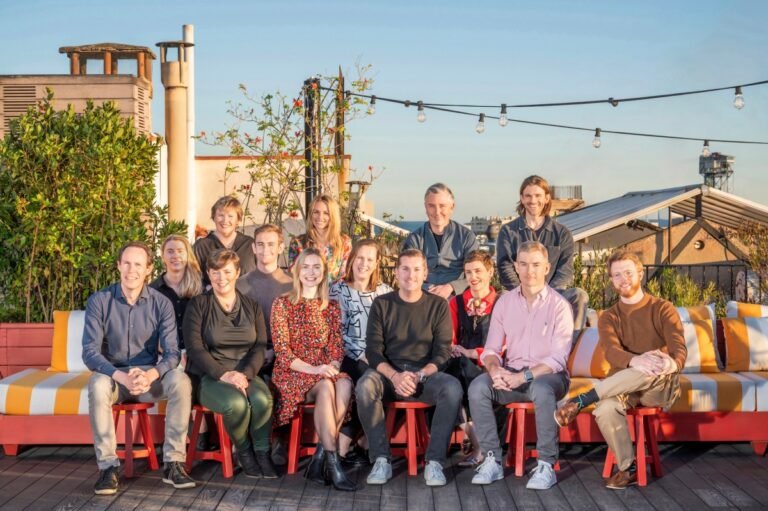
Giant Ventures in January closed two new funds totaling $250 million that it will invest in startups on both sides of the Atlantic, and today, TechCrunch has learned exclusively that Frontline Ventures has also raised $200 million across two funds, named Frontline Growth and Frontline Seed.
Frontline has historically invested in both Europe and North America, and its new funds will continue to follow that strategy, betting on B2B software companies.
The new seed fund will favor European ventures, while the growth fund will focus on U.S. startups.
Expansion roadmapO’Donnell told TechCrunch that when it helps portfolio companies navigate expansion to another market, Frontline focuses on four aspects: timing, go-to-market strategy, talent, and organizational design and location.
That’s by order of importance, and a company’s location should be a derivative of the previous three aspects, O’Donnell said.
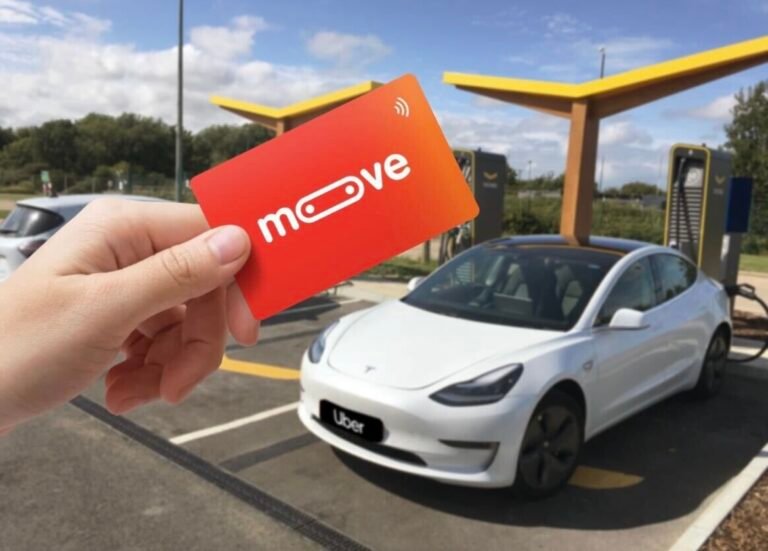
Moove, an African mobility fintech that offers vehicle financing to ride-hailing and delivery app drivers, has raised $100 million in a funding round as it plots expansion into new markets.
Moove says it plans to use the new capital to expand its revenue-based vehicle financing platform to 16 markets by the end of 2025.
Moove takes a two-pronged approach to vehicle financing.
The vehicles provided to Moove customers vary from traditional options like Toyotas and Suzukis to electric vehicles (EVs) such as Teslas.
The vehicle financing startup operates large EV fleets in the UAE and the U.K.

TechCrunch reported about Lightspeed Venture Partners engaging to invest in Pocket FM last year.
ADIA didn’t immediately respond to a request for comment, whereas Pocket FM said it refrains from commenting on market speculations.
Pocket FM operates on a freemium model, leveraging long-form episodic storytelling to give users the choice to pay only for content they prefer rather than the entire library.
The startup announced last month that it will invest $40 million to grow its online reading platform Pocket Novel.
More than 90,000 writers had signed up to the app in less than a month, Pocket FM co-founder Rohan Nayak wrote on LinkedIn this week.

Thus, SaaS startups are not category-specific, instead sharing a business model approach more than any particular industry focus.
Among myriad SaaS startups, those focused on selling to business clients — a group often called enterprise SaaS — are a magnet for venture capital.
Since then, investment into enterprise SaaS startups has slowed.
Enterprise SaaS startups raised $21.9 billion, $45.0 billion, $55.1 billion and $58.3 billion in 2017, 2018, 2019 and 2020, respectively.
Perhaps a rate cut or two and a strong enterprise IPO are the tonic required to really reignite venture investment into enterprise SaaS.
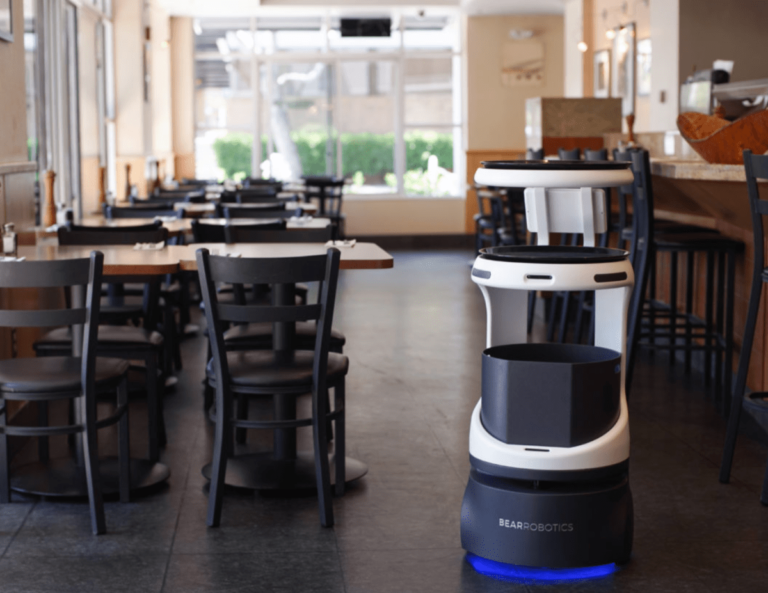
LG Electronics may no longer be a household name in smartphones, but it still sees a big future in gadgets like robots.
Today, the company confirmed a $60 million investment in Bear Robotics, the California startup that makes artificial intelligence-powered server robots for restaurants and other venues — autonomous tray towers on wheels that are meant to replace waiters.
With the investment, LG Electronics becomes Bear’s largest shareholder.
We’ve contacted Bear and LG for further comment.
The Korean electronics company has been researching and developing software and hardware in robotics.

Saudi Arabia is poised to become one of the largest global construction hubs owing to its trillion-dollar infrastructure and the real estate projects that are underway in the country.
BRKZ is today emerging from stealth backed by a $8 million Series A round co-led by Beco Capital and 9900 Capital.
Aramco’s Wa’ed Ventures, Knollwood Investment Advisory, RZM Investment and MISY Ventures also participated in the round.
Following the fresh capital injection, the B2B marketplace aims to expand in Saudi Arabia and the MENA region to facilitate contractors in procuring materials and manufacturers in selling, with a focus on same or next-day delivery.
He added that the startup can process commonly ordered building materials within minutes, but more time is required for “specialized materials”.

London-based fintech company Monzo raised a late stage funding round of $430 million (£340 million), confirming a report from the Financial Times from a few weeks ago.
Founded in 2015, Monzo provides UK current accounts, debit cards and several financial products with a digital-first approach.
That’s why Monzo is sort of defying the odds with this new funding round, with Google playing a big part in this investment.
Monzo reached a post-money $4.5 billion valuation in 2022.
Now, Monzo has nine million retail customers in the U.K.













